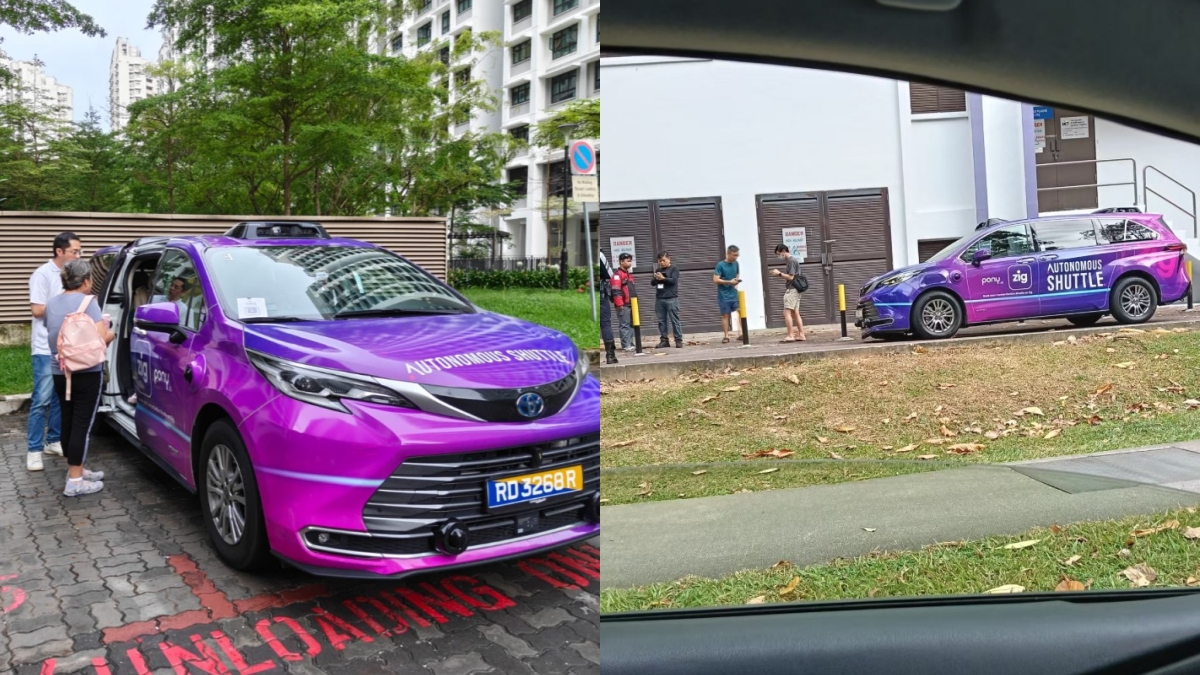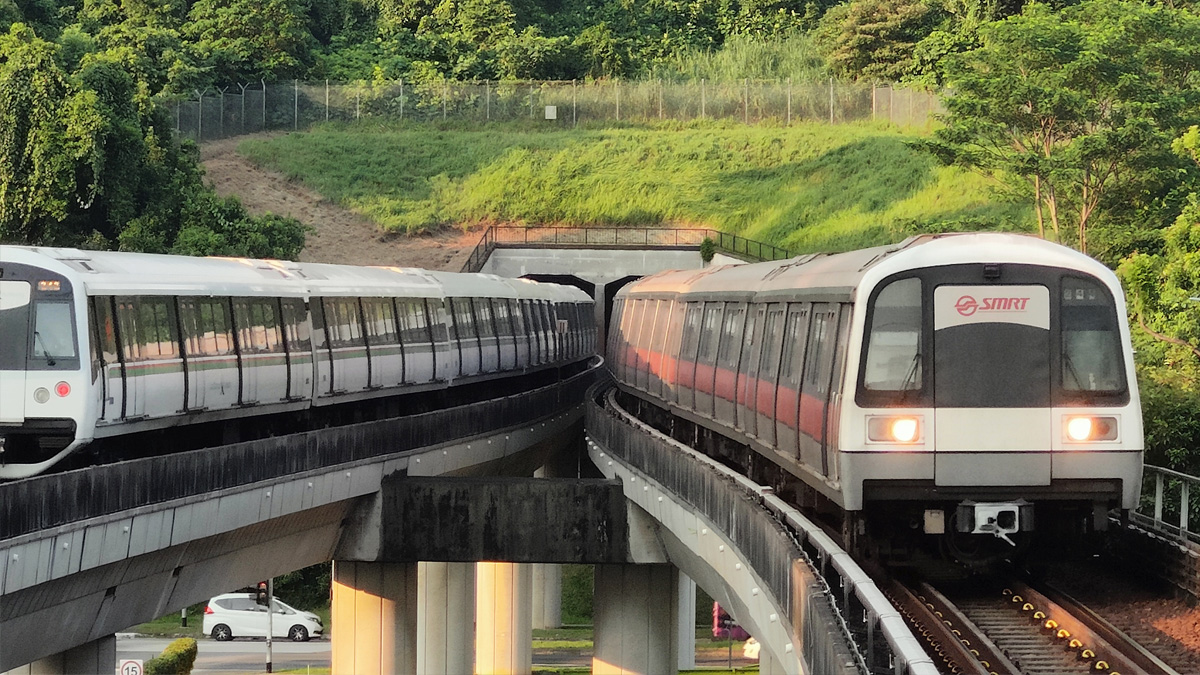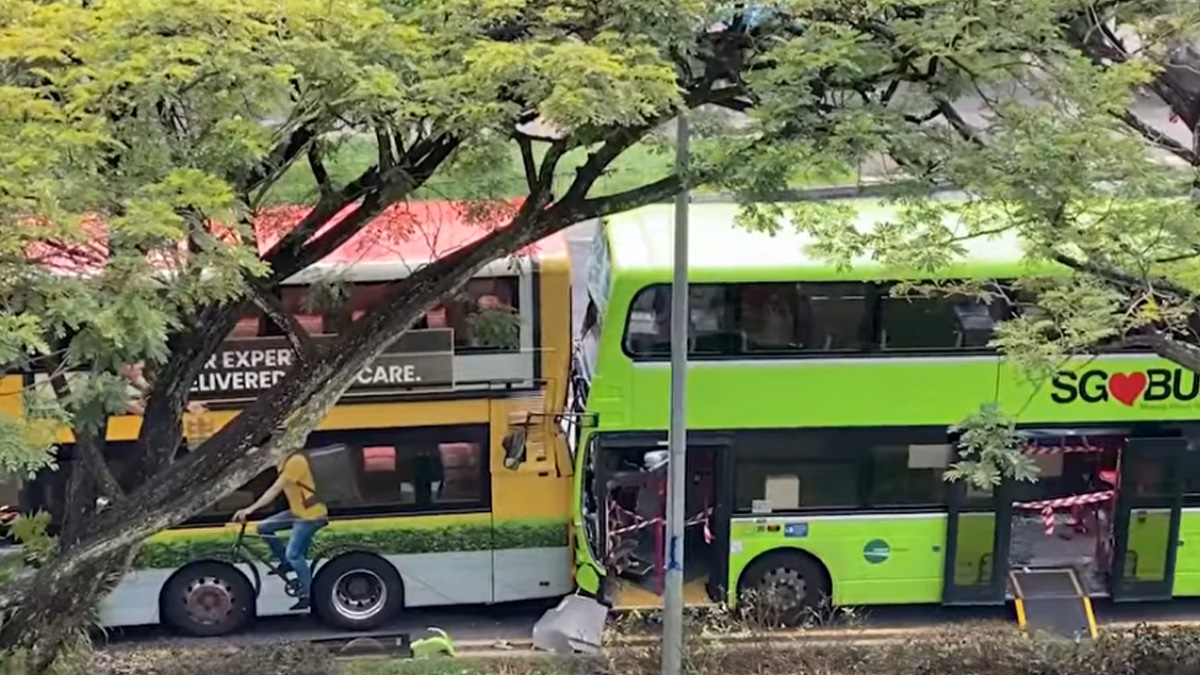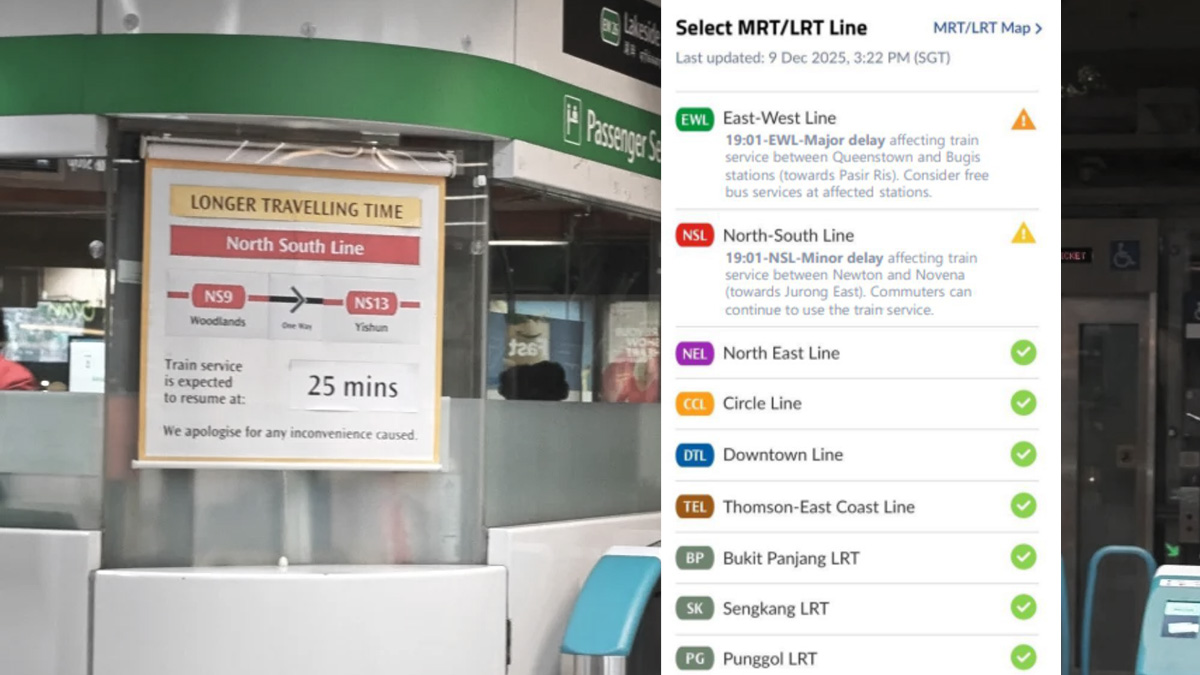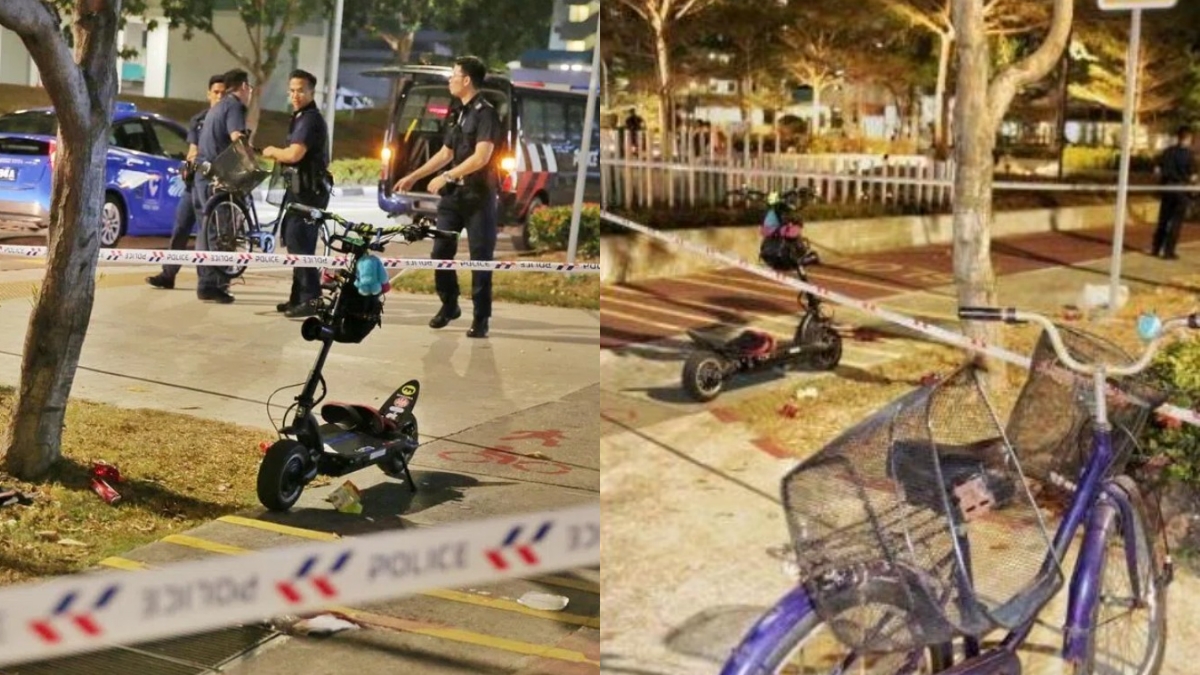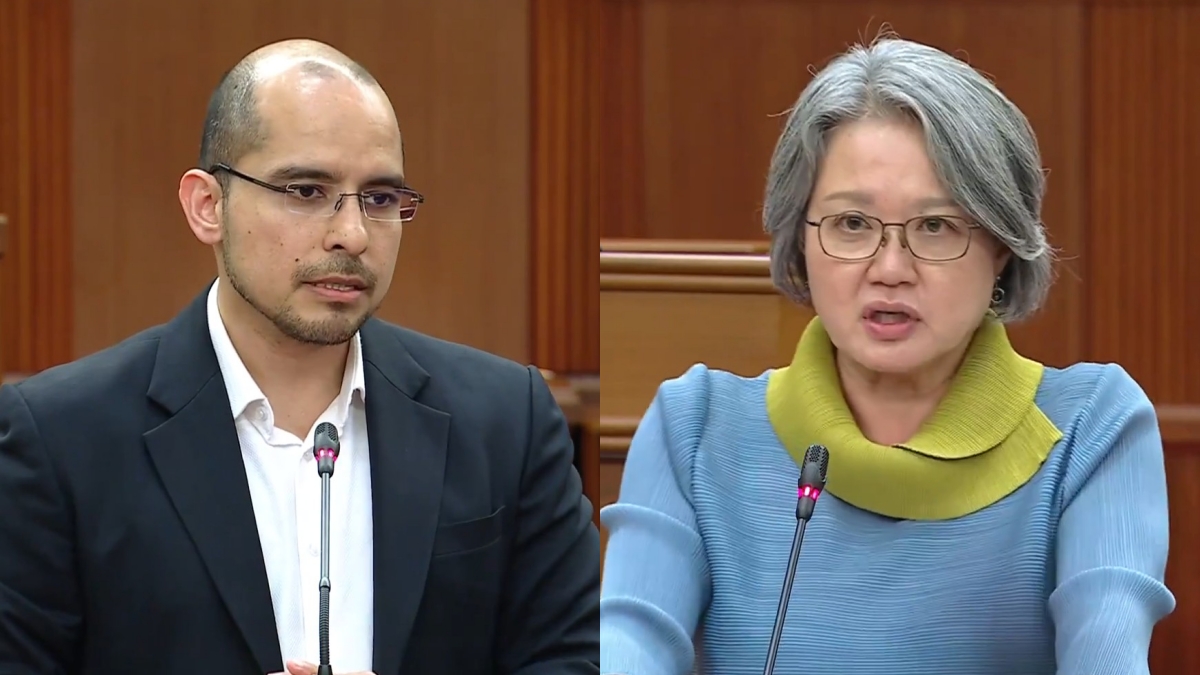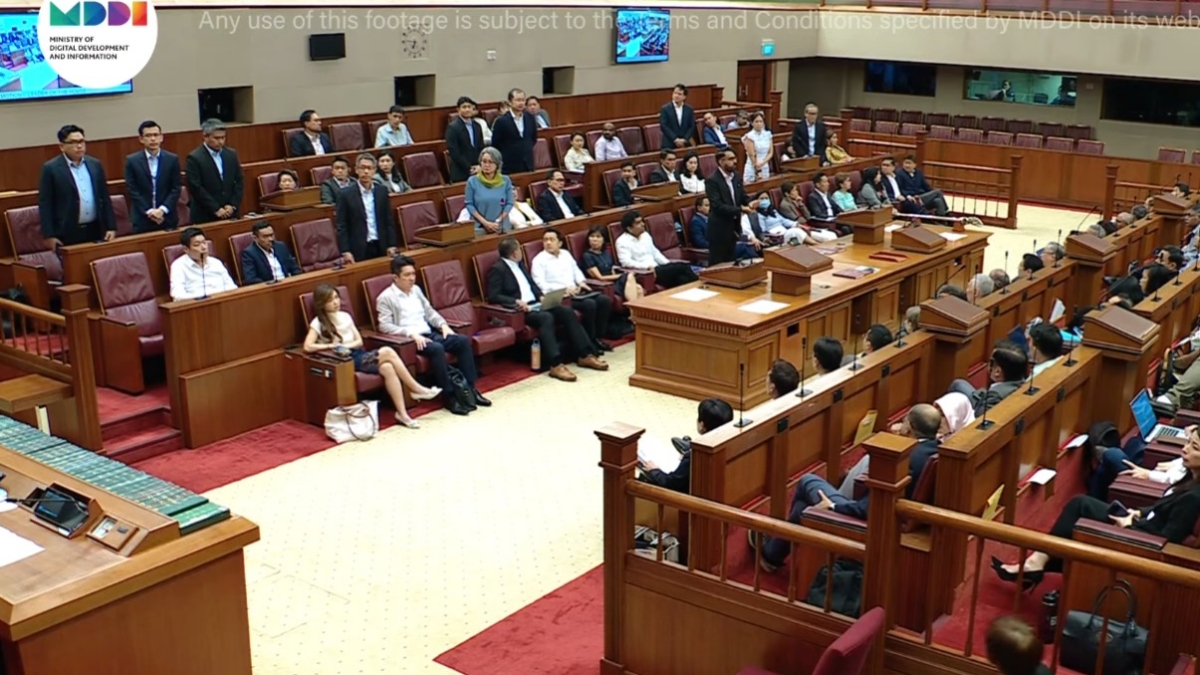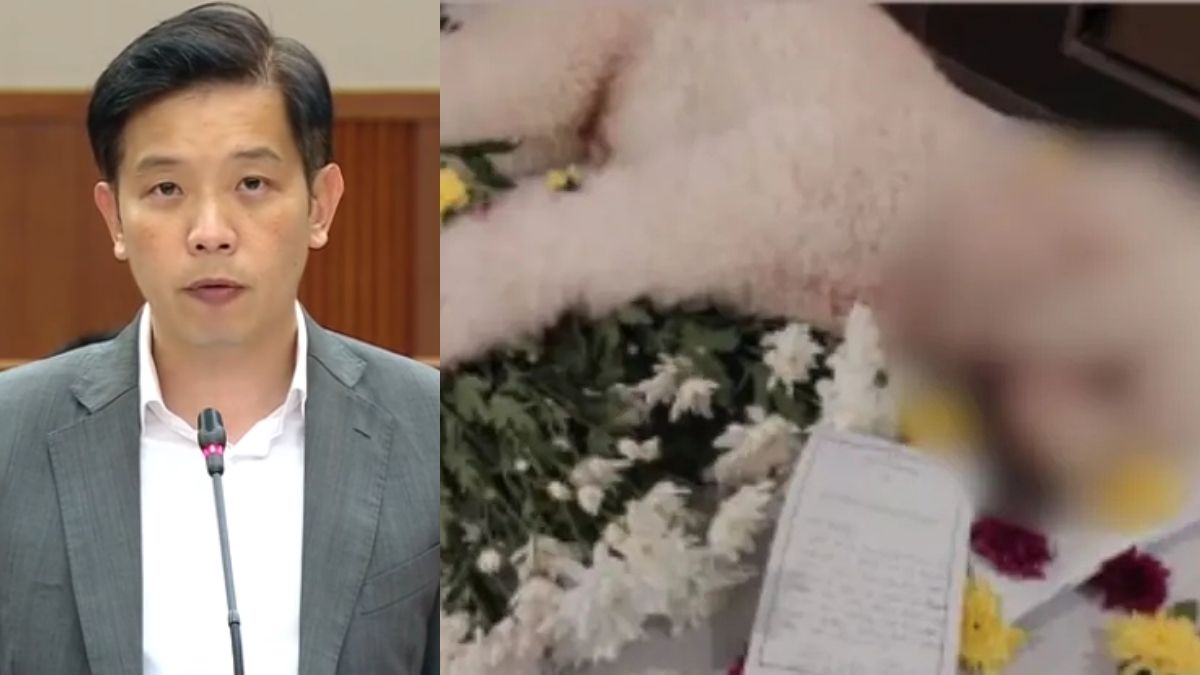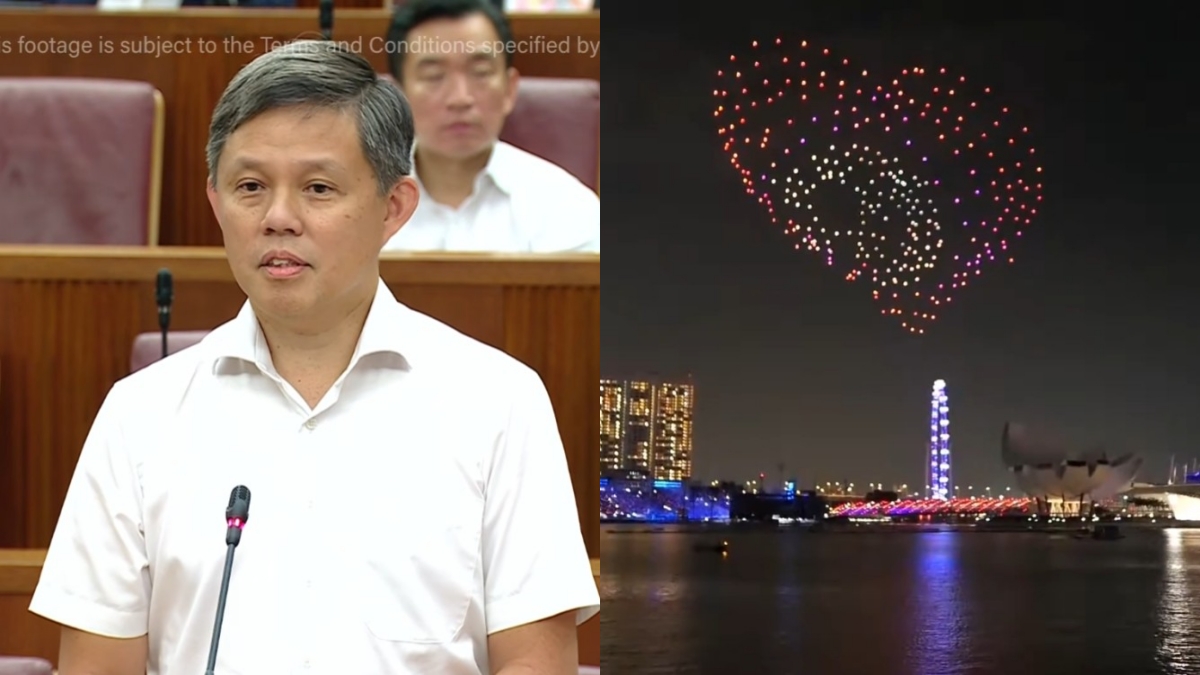No limit on carrying forward deferred fare hikes, says Transport Ministry
In response to a parliamentary question on 5 November, the Ministry of Transport stated there is no cap on how long deferred fare hikes can be carried forward, reaffirming its stance on balancing financial sustainability and fare affordability.
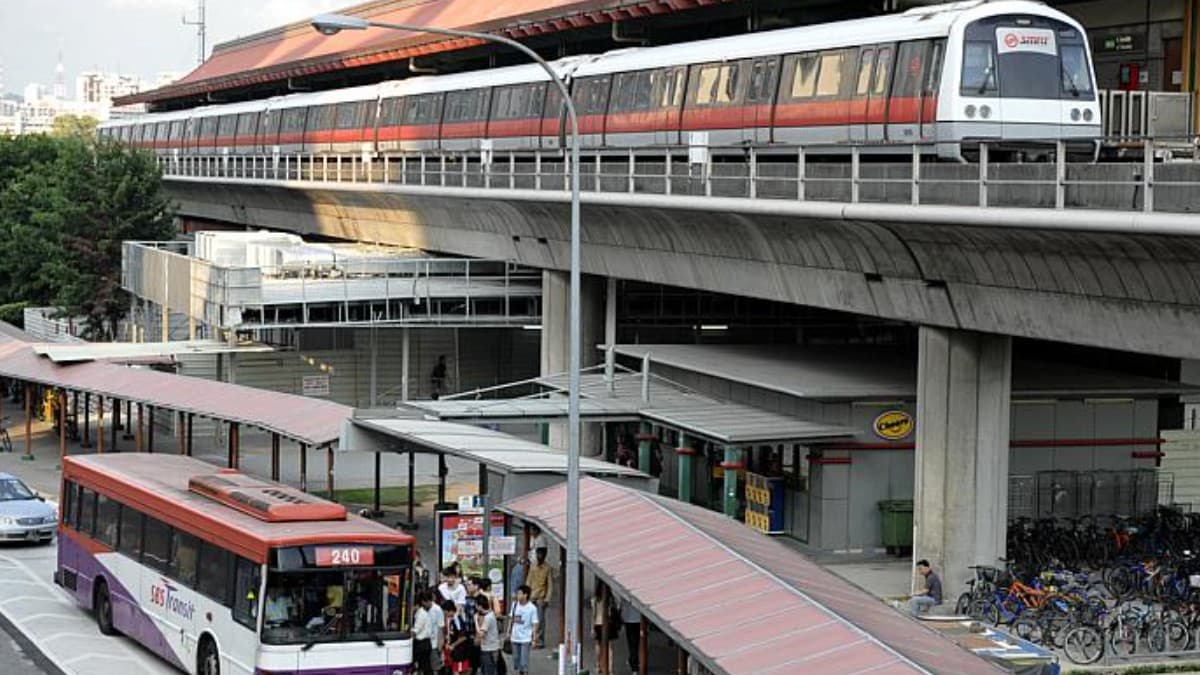
- Acting Transport Minister Jeffrey Siow confirmed that deferred public transport fare increases can be carried forward indefinitely.
- The Public Transport Council (PTC) approved a 5% fare increase for 2025, below the allowable 14.4%, deferring 9.4% to future years.
- Over S$200 million in subsidies and fare concessions will offset commuter costs amid cost-of-living concerns.
SINGAPORE: The Ministry of Transport has confirmed that there is no time limit on how long deferred public transport fare increases can be carried forward.
Acting Minister for Transport Jeffrey Siow provided this clarification in a written parliamentary reply on 5 November 2025.
He explained that the deferred fare quantum—representing previously incurred costs not yet passed to commuters—can be retained indefinitely until conditions allow for its implementation.
This response came after Workers’ Party MP for Aljunied GRC, Gerald Giam Yean Song, asked whether the Government would review the current fare adjustment formula.
He raised concerns that the allowable maximum fare hike of 14.4% in 2025 appears disconnected from average wage growth.
Giam also sought clarification on the maximum number of years a deferred fare quantum can be carried forward and the policy rationale behind any such limit.
Siow noted that the fare formula used by the Public Transport Council (PTC) incorporates factors such as national wage growth, core inflation, and energy prices.
It is designed to strike a balance between keeping fares affordable for commuters and ensuring that the transport system remains financially sustainable.
For the 2025 fare review, the formula produced an output of 1.5%. Combined with a deferred fare quantum of 12.9%, the maximum allowable fare adjustment totalled 14.4%.
However, the PTC approved only a 5% fare increase, citing ongoing cost-of-living pressures and economic uncertainty.
The remaining 9.4 percentage points were deferred again, to be potentially recovered in future reviews.
This decision will be supported by more than S$200 million in Government subsidies to prevent an immediate financial burden on commuters.
According to Siow, the deferred fare quantum has been reduced in recent years—from 15.6% in 2023 to the current 9.4%.
The PTC exercises discretion in determining how much of the deferred quantum to apply each year, depending on broader socio-economic factors.
The current fare formula, introduced in 2018 and revised in 2022, considers inflation, wage trends, energy prices, and productivity improvements.
It also includes a mechanism for deferring part of the fare hike if economic or social conditions warrant.
The PTC explained that the formula provides transparency and consistency in fare adjustments while allowing flexibility to respond to public concerns.
On 14 October, the PTC announced that the 5% fare increase would take effect on 27 December 2025. Adult card fares will rise by 9 to 10 cents per journey, and cash fares by 20 cents. Concessionary fares for longer journeys will increase by 3 to 4 cents, while shorter trips remain unchanged.
Despite both SBS Transit and SMRT applying for the full 14.4% hike, the PTC limited the adjustment to 5%, highlighting the need to manage affordability amid persistent inflation.
To further alleviate the impact, monthly pass prices will be reduced—by S$6 for adults and S$3 for seniors. Special reductions will also apply for Workfare Transport Concession cardholders and individuals with disabilities.
Additionally, S$60 Public Transport Vouchers (PTVs) will be distributed in two phases to lower-income households. Eligible households earning up to S$1,800 per person per month will receive these automatically or upon application in early 2026.
To improve the timeliness of data used in fare calculations, the PTC has adjusted its reference period from the calendar year to a July–June cycle, cutting the lag in input data by six months.
Alongside fare policy, the Government continues to invest in infrastructure.
Initiatives include the Bus Connectivity Enhancement Programme, new rail expansions, and S$1 billion committed to improving rail asset management and workforce skills over five years.
According to the Ministry of Transport, these measures are essential to sustaining a reliable and affordable public transport system, while operators remain subject to service and reliability standards.


